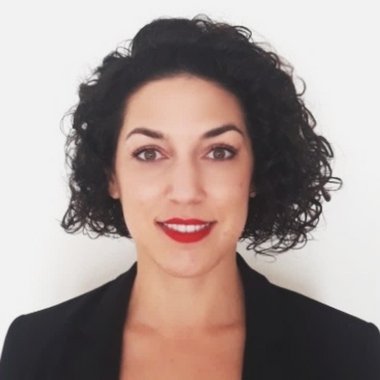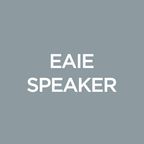Curriculum internationalisation (IoC), a complex academic process that is vital for campus-wide global engagement, relies heavily on academic staff. Engaging faculty beyond a few champions has been historically challenging. This is a well-known problem.
Workshop participants will analyse academic disciplines, using 25 years of research-based practices, and create discipline-specific communication strategies to boost faculty involvement in internationalising the curriculum.
This workshop will help you:
- Gain a deep understanding of the unique disciplinary features in the four (hard/soft, pure/applied) categories, and understand how they each uniquely manifest in IoC
- Analyse how these disciplinary features inform IoC communication strategies across each of the disciplinary categories
- Develop discipline-specific communication strategies which can be used immediately
Who is it for?
This workshop is particularly relevant for internationalisation officers, educational developers, and academics who are involved in leading curriculum internationalisation.
×
Melanie Agnew
Private Consultant, USA
Laura E. Rumbley is Director, Knowledge Development and Research at the European Association for International Education (EAIE), based in Amsterdam. She previously served as Associate Director for the Boston College Center for International Higher Education (CIHE) in the United States and Deputy Director of the Academic Cooperation Association (ACA) in Brussels. Laura has co-edited the Journal of Studies in International Education since 2014 and has authored and edited a wide range of publications on internationalisation in higher education.
×

Pouneh Eftekhari
Lund University, Sweden
Pouneh Eftekhari’s main responsibilities at Lund University (Sweden) include the strategic planning for sustainable internationalization (including virtual exchange) and coordinating and evaluating bilateral internationalization projects. She also leads a research project exploring the role of educational developers in curriculum internationalization. Alongside this work, Pouneh is a PhD candidate at the Centre for Transformative Education (CTE) at the University of Groningen (The Netherlands) where she investigates the implications of disciplinary culture on academic engagement with internationalization. Her recent findings confirm that academic engagement varies across disciplines, suggesting that disciplinary culture may be key to increasing participation.
Pouneh draws on 15 years of experience supporting international students, facilitating mobility, nurturing university relations, leading internationalization projects, and researching higher education internationalization at universities in Europe and the USA. She is certified as an expert in assessing the quality of internationalization by the European Consortium for Accreditation (ECA) and contributes to international organizations and projects as a consultant, trainer/speaker, advisory board member, and researcher.

